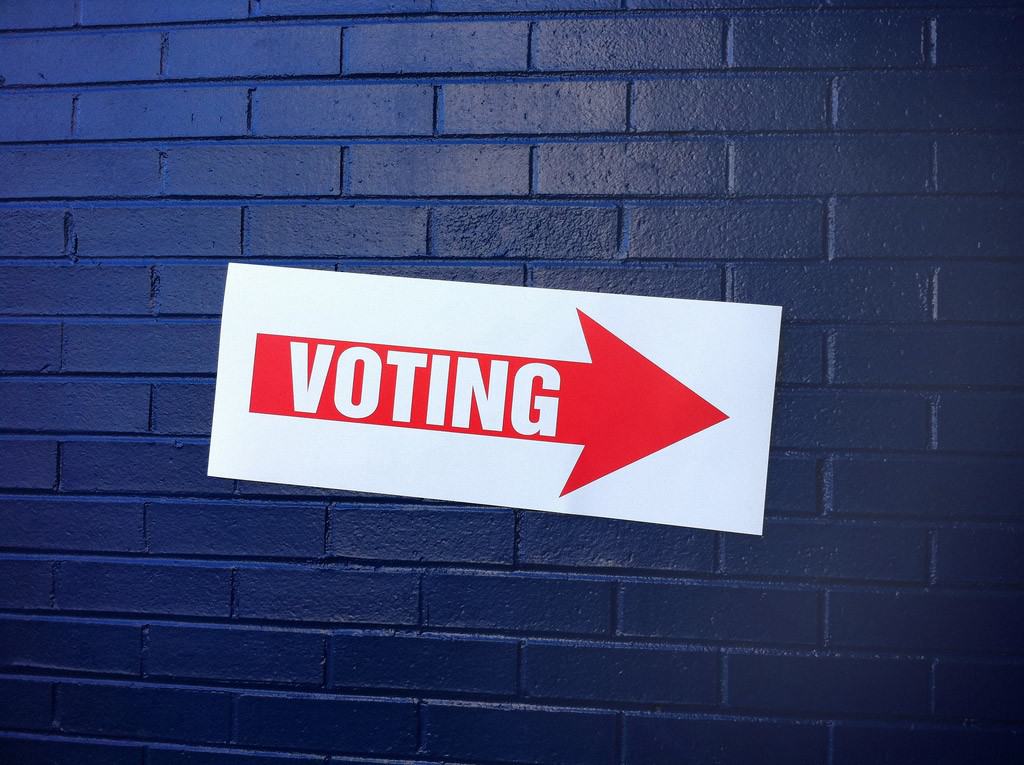By David Cheetham, market analyst and FX broker at XTB.com
With the outcome of the UK referendum on EU membership still uncertain less than a month before Britons go to the polling stations, Ireland is perhaps more sensitive to the outcome than any other member state.
There are two main reasons that may be a cause for concern for Irish businesses: primarily because the UK is by some distance the Republic’s largest trading partner and also due to the possible complications that could entail regarding border controls.
However, to state that a Brexit would be unequivocally bad for business is misleading and biased as there is the possibility – due to the relocation of multinationals’ European operations away from the UK – that Ireland, as an English-speaking country, may be the most attractive replacement.
To attempt to accurately forecast the direct impact on trade for Ireland in the event of a Brexit is a task bordering on the impossible. There’s still far too much uncertainty regarding the new agreement, which ultimately will have to be reached between the UK and EU in the event of the referendum returning a leave result to say with any degree of conviction how exactly Ireland will be impacted.
Having said that, it’s safe to assume that the risks are certainly skewed to the downside, as it appears highly unlikely this scenario would improve current conditions.
Switzerland, Norway, Iceland and Liechtenstein have formed a European Free Trade Association (EFTA) for the promotion of free trade and economic integration and if the UK implements similar terms – which is the base case assumption – then any impact of a Brexit on Ireland would be small.
Whilst the UK accounts for approximately 20% of all Irish exports to the EU, it’s the level of imports (particularly in the energy sector), which may be the most vulnerable. The two countries’ energy markets are deeply entwined, with Ireland importing almost 90% of its oil products and 93% of its gas from across the Irish Sea.
A recent report by the Economic and Social Research Institute estimated that a Brexit could reduce trade flows by 20%, which whilst theoretically possible seems highly unlikely.
In addition to threatening the €1bn a week of UK-Irish trade as estimated by the British-Irish Chamber of Commerce, for the majority of people in Britain and Ireland the most tangible effect of a Brexit would be new constraints on the freedom of movement which at present sees Dublin-London hold the title of the world’s second busiest international air route.
… to state that a Brexit would be unequivocally bad for business is misleading and biased as there is the possibility … that Ireland, as an English-speaking country, may be the most attractive replacement
POTENTIAL IMPLICATIONS
An estimated 6 million people who can claim an Irish passport call the UK home, but the greatest impact could be felt on the border between Northern Ireland and the Republic. A victory for the leave campaign would cast doubt over the closer ties with Northern Ireland that have played a big role in ending 30 years of violence.
This could be caused by the reintroduction of passport controls at the border, which was previously a fiercely contested frontier that over the past two decades has disappeared for all practical purposes.
Whilst benefits to trade or free movement are unlikely in the event of a Brexit, there is a good chance that an economic gain from foreign direct investment (FDI) could arise.
Several multinational firms have already expressed their unease at the possible implications that a Brexit could entail for their business, and some have gone as far as stating that they would reduce their presence in the UK in the event it occurs.
The UK, and London in particular, has long benefitted from its geographical location and its use of English as a primary language for business especially when dealing with US firms. Due to this, many have based their European headquarters in the city and a decision to leave the EU would obviously put this in jeopardy.
It goes without saying that with Ireland operating in the same time zone and being native speakers of English, they would be in a prime position to compete for this business. This could prove a fairly substantial sum in the region of $6.6bn if some estimates are to be believed, and when coupled with an attractive corporation tax rate that already sees companies such as Apple and Facebook centre their European businesses here, it’s entirely quite possible that many others could follow suit.
About the blogger
David has traded the financial markets for a number of years and specialises on a broad spectrum of asset classes including forex, indices, stocks and commodities.
You’ll regularly find David’s comments being picked up by international media on a weekly basis thanks to his detailed and clear approach to analysing price action.

